Urban beavers, nature books, rewilding heroes and redefining wilderness: our top stories of the year cover the gamut.
As the year comes to a close, we're looking back at the articles we published that were especially well read. Here, in case you missed them the first time, are the top five stories of 2021. We look forward to covering even more global rewilding stories in 2022. Happy Solstice and Happy New Year!
5. How we’re rewilding: Shannon Te Huia, Pūniu River Care
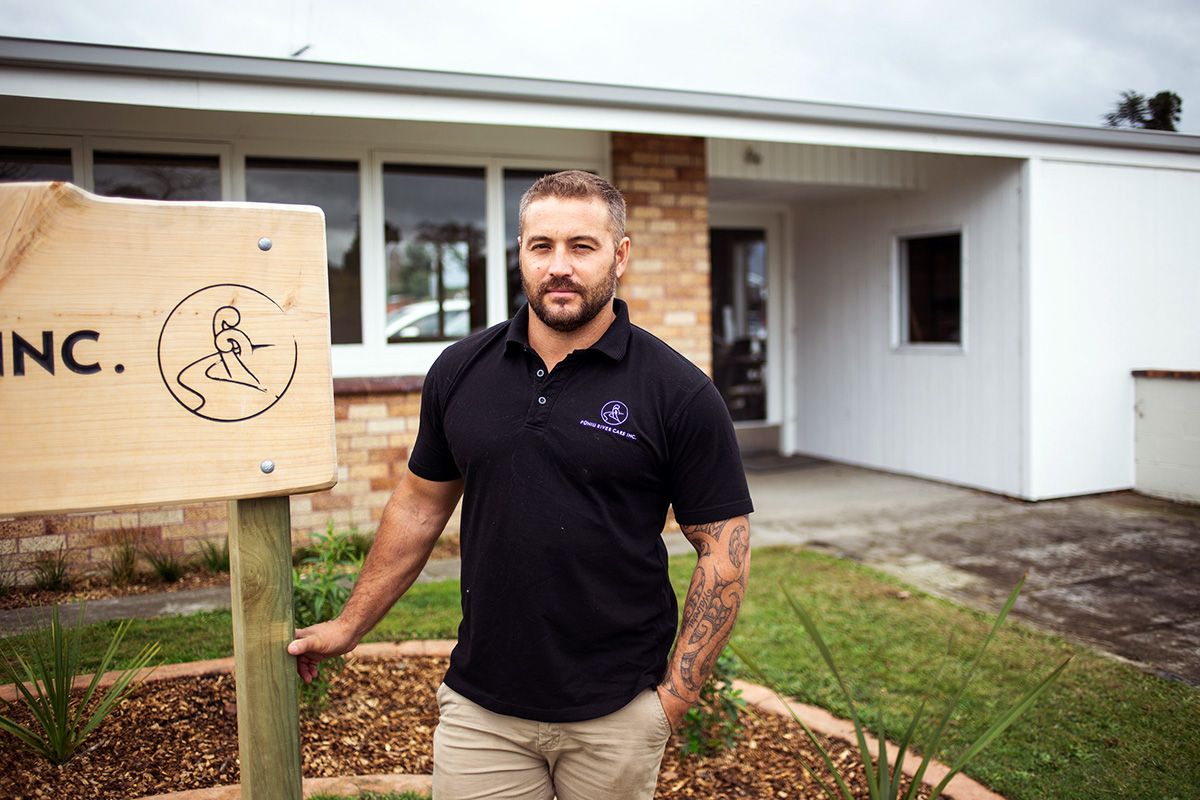
“I came to the point where I thought I had a solution for how we can restore our river,” says Shannon Te Huia, an entrepreneur and environmental leader in his community in Aotearoa New Zealand. “From a cultural perspective, that was about connecting our people to the river, not just going in with diggers and civil engineering techniques. That’s how I came up with Pūniu River Care.”
4. How private landowners are rewilding Australia, one property at a time
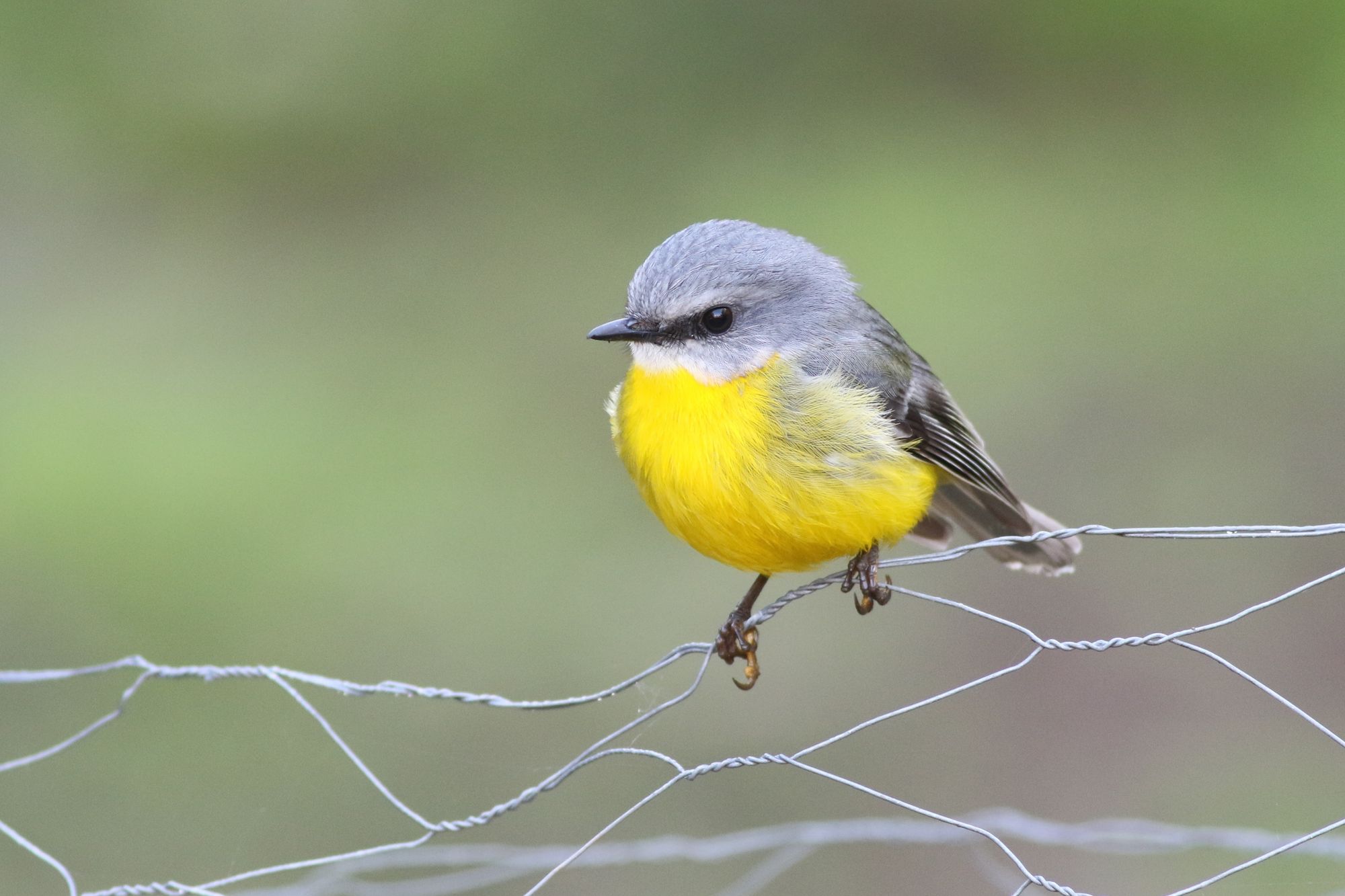
“The work is often unglamorous, repetitive and arduous,” says Deborah Metters, regional coordinator of Land for Wildlife South East Queensland (SEQ). “But it is happening one property at a time, one valley at a time. One weed removed at a time. Land for Wildlife members, in their small bit of the planet, are bringing threatened species back from the brink.”
3. Q&A with Emma Marris: “I’m really ready to leave this wilderness worshipping behind”
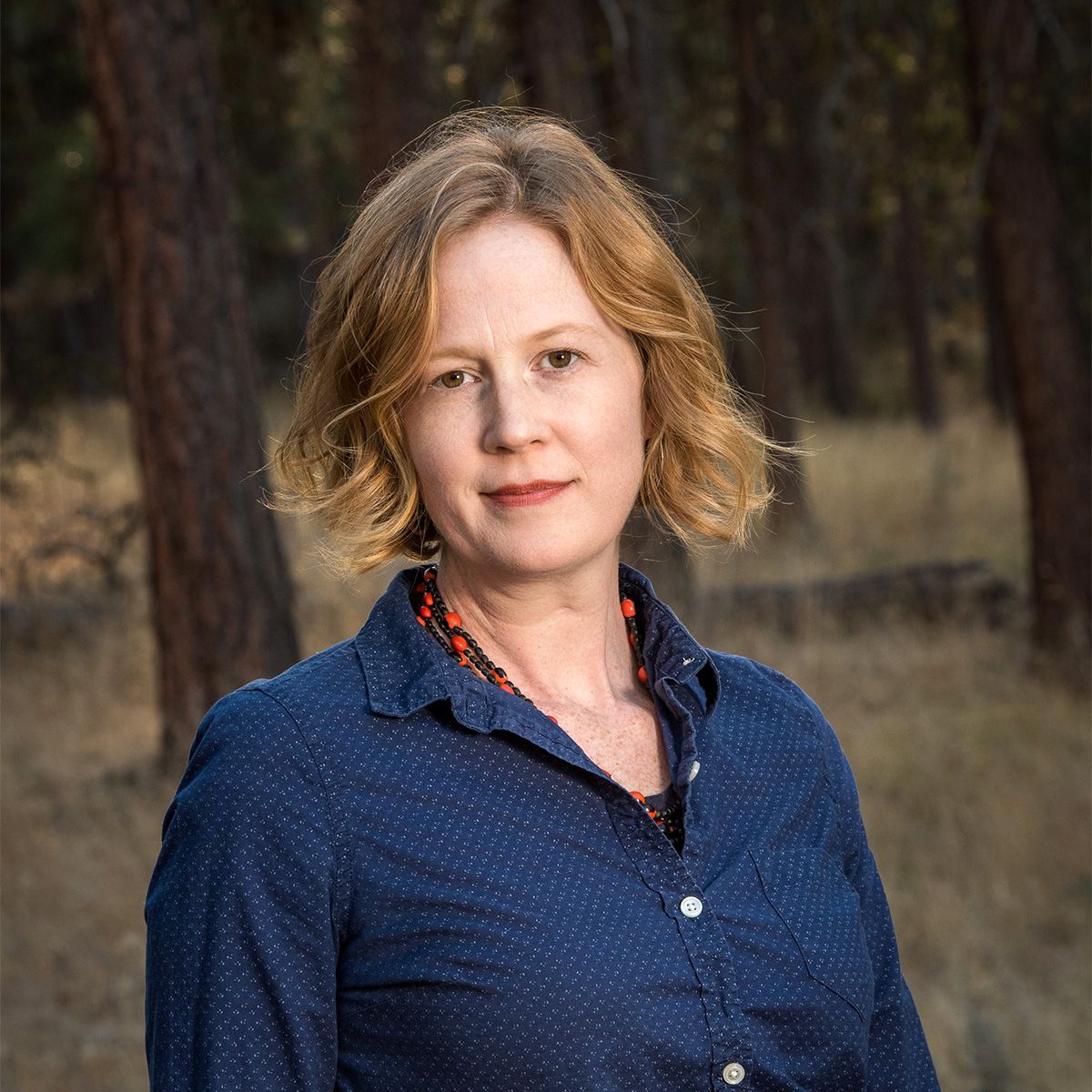
“I was so used to thinking about animals as units of a population, because conservation and ecology have been my main beat,” says Emma Marris, author of the book Wild Souls. “And yet this project of following individual wolves made me suddenly think about wild animals with this whole other framework, as active sentient individuals in the world making choices and going through their lives.”
2. All the books we recommended in 2021
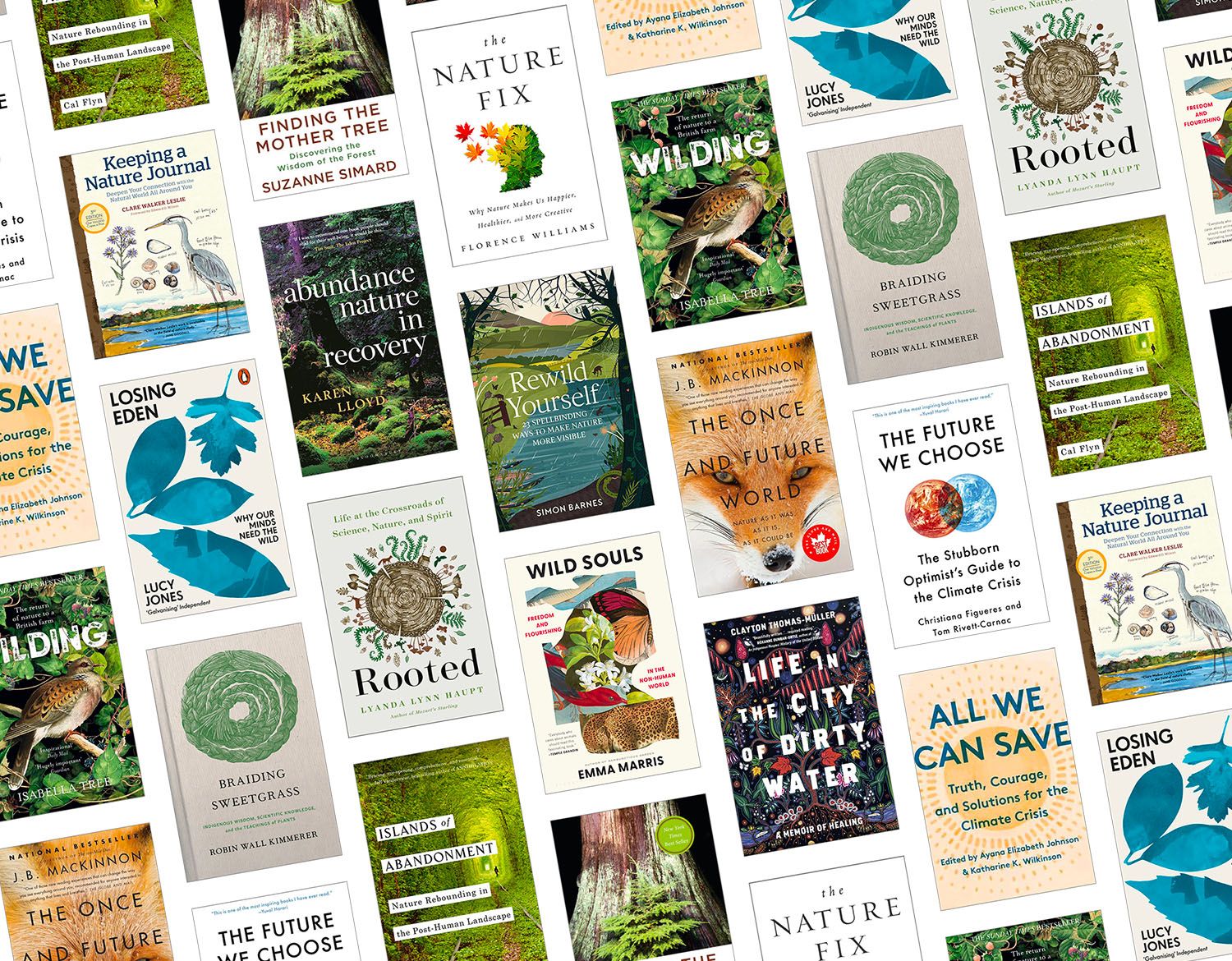
Here are 15 books we read and recommended in 2021, all perfectly on-topic for anyone interested in learning more about rewilding and related subjects – and for getting inspired for a wilder 2022.
1. Can beavers make our cities better?
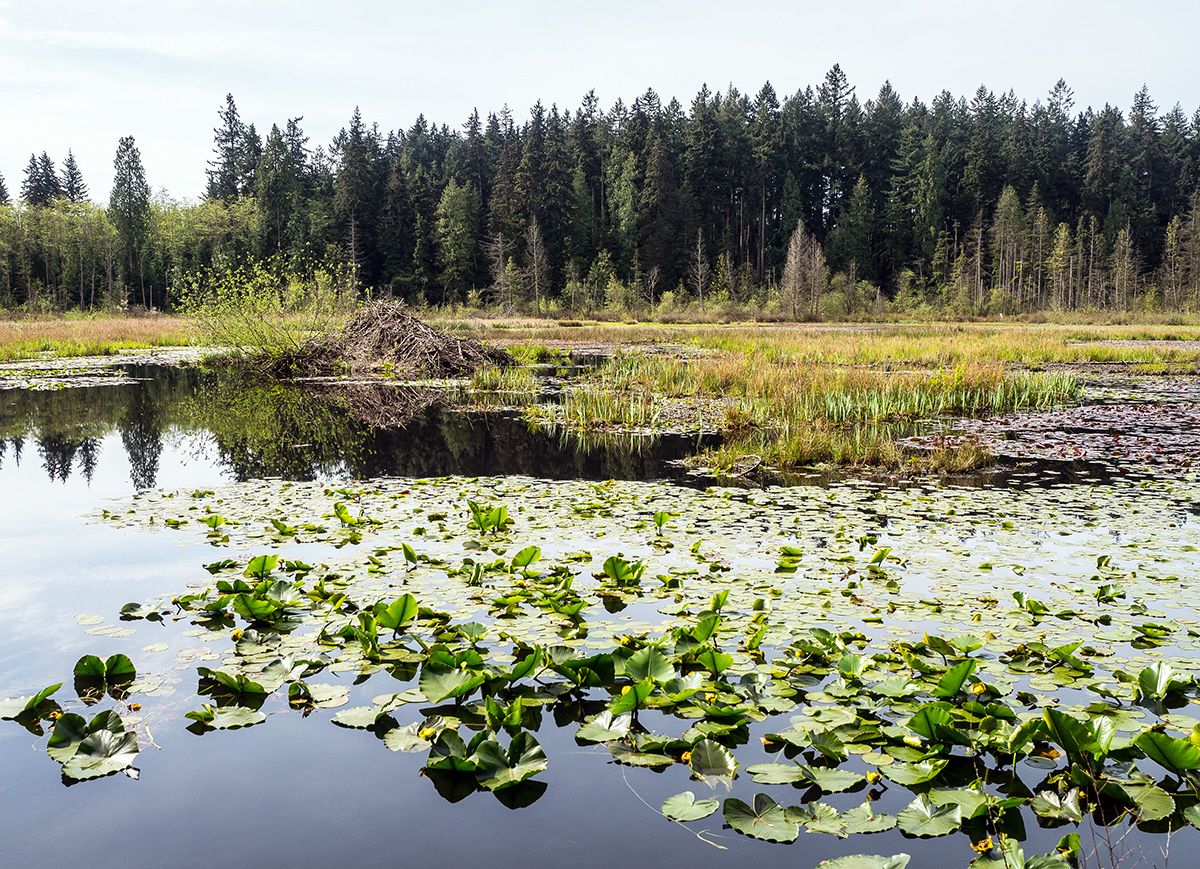
“While the Beaver Deceiver has been a big part of this successful rewilding project, Page says, education and changing public sentiment are key as well,” writes Diane Selkirk. “He explains that by tapping into our biophilic response – humans’ innate tendency to seek connection with nature – we become more tolerant of the inconveniences nature adds to urban life, by recognizing the positives that balance things out.”





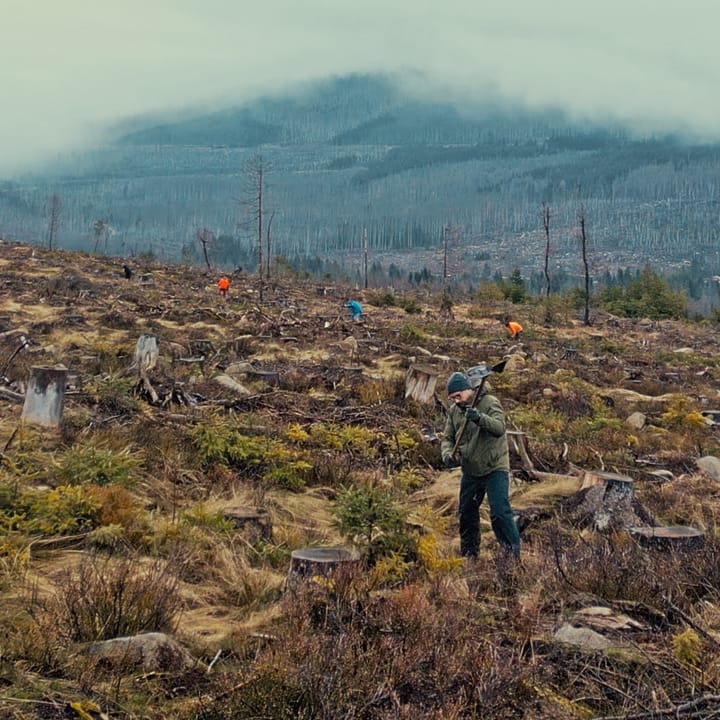

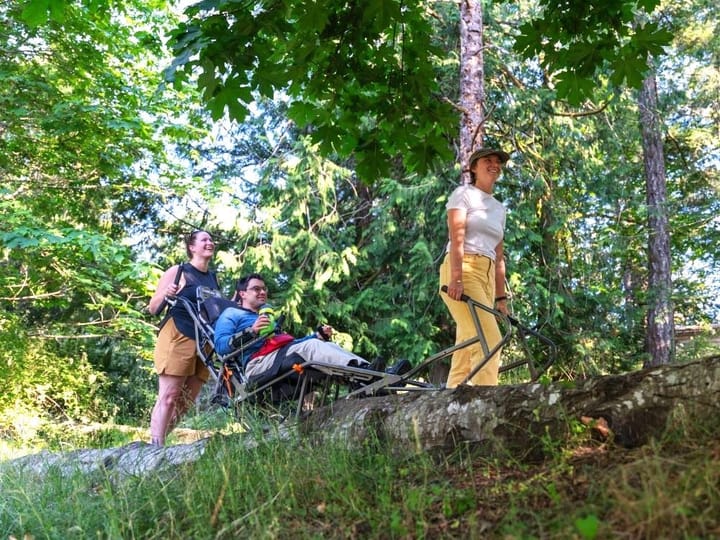
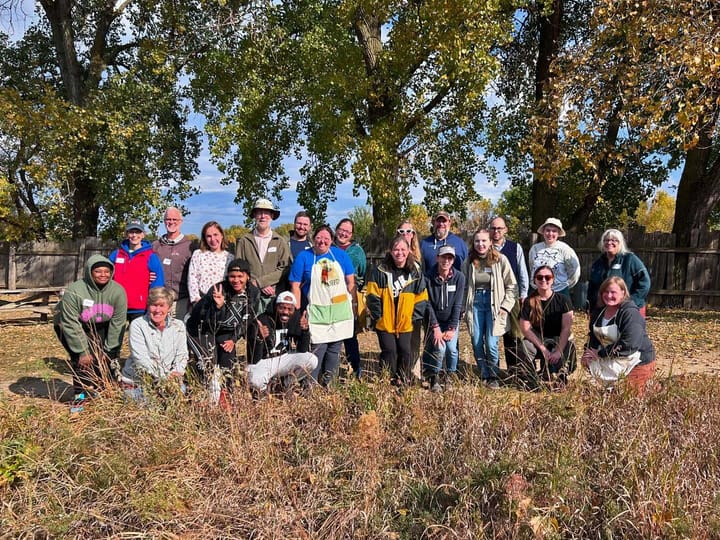

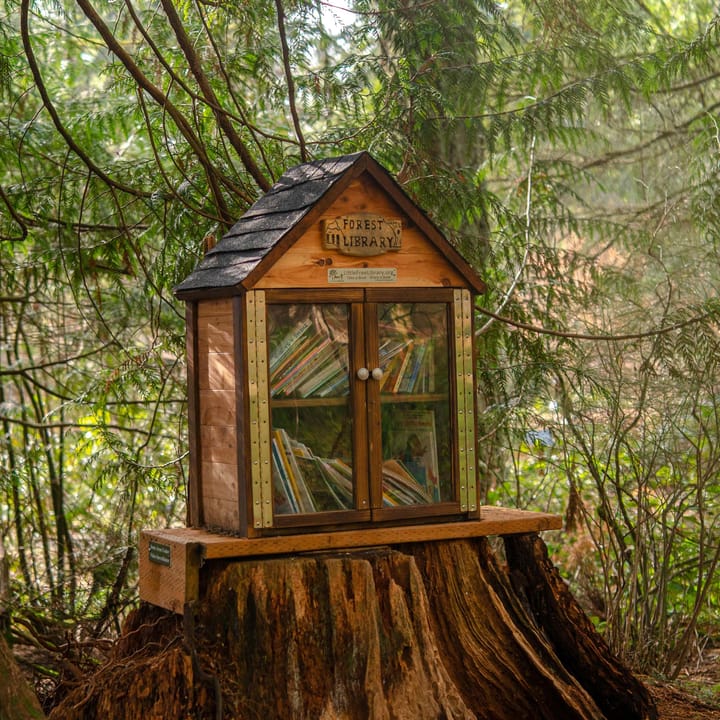
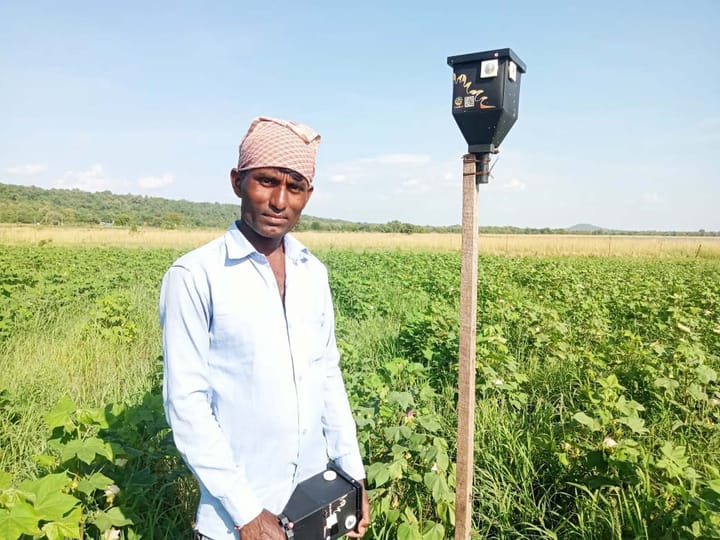
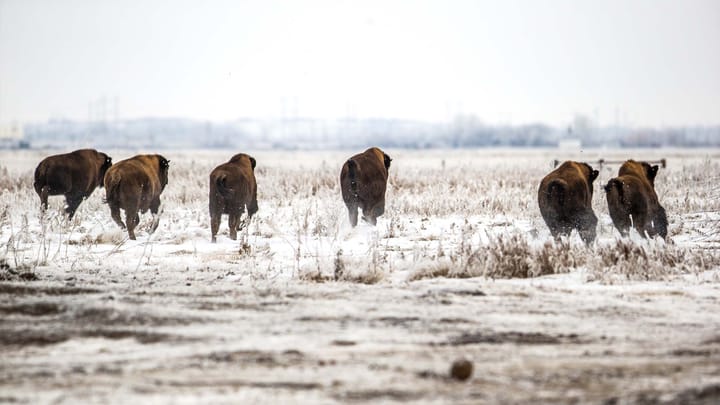
Comments ()